Legal risks at U.S. court.
Warning for Vietnamese citizens residing in Vietnam
“I live in Vietnam—why would I be sued in the U.S.?”
This is a common question among Vietnamese individuals when they hear of someone receiving a court summons or complaint from a U.S. court. The general assumption is that only those who reside or work in the United States can be sued there. However, under international legal principles, a Vietnamese individual or business can absolutely be named as a defendant in a U.S. lawsuit—even if they have never set foot in the country.
What legal grounds allow Vietnamese citizens to be sued in the U.S.?
There are four common scenarios where a Vietnamese party may face legal action in a U.S. court.
First, the Vietnamese party signed a contract with a U.S.-based entity that includes a clause specifying that disputes will be resolved in a U.S. court. This is a common feature in distribution, investment, and international service agreements.
Second, the individual or entity has made investments in the U.S., such as through the EB-5 program, or by purchasing real estate, stocks, or financial products. Disputes may arise from such transactions, and the Vietnamese investor could become a defendant in a related lawsuit.
Third, a Vietnamese company or individual may be sued in the U.S. if they operate or maintain a distribution channel in the U.S. market—even via intermediaries or online sales. Consumer complaints or legal disputes over trademarks, quality issues, or territorial rights can trigger litigation in a U.S. jurisdiction.
Fourth, even without a formal contract or direct investment, a party can be sued if their conduct is alleged to have caused harm to a person or company in the U.S. Under the principle of 'long-arm jurisdiction,' U.S. courts may exercise authority over foreign defendants if their actions have a substantial effect within U.S. territory.
Being sued in a U.S. court is no longer an uncommon scenario for Vietnamese individuals—especially in today’s globalized economy. By understanding your legal exposure, making informed contract decisions, and seeking timely legal support, you can protect your rights and respond effectively within an unfamiliar legal environment.
Each U.S. state has enacted its own long-arm statute—laws that allow state courts to assert jurisdiction over out-of-state or foreign defendants, provided that the defendant has sufficient ties to the state.
For example, if a Vietnamese supplier enters into an agreement to ship goods to a California company, and a dispute later arises, a California court may invoke its long-arm statute to assert jurisdiction—even if the Vietnamese party has no physical presence in the U.S.
Both state and federal courts in the U.S. only need to demonstrate that the defendant has established minimum contacts with the forum in order to lawfully exercise authority over the case.
The risks of being sued from afar
When a Vietnamese party is sued in the U.S. without proper preparation or understanding of the legal process, the consequences can be severe.
First, the defendant may not be properly informed of the lawsuit or may not understand the complaint due to language barriers or unfamiliarity with the legal system. If the defendant fails to respond on time, the court may issue a default judgment, meaning
it will rule in favor of the plaintiff without requiring the defendant to appear.
Second, even a default judgment issued by a U.S. court can potentially be enforced in Vietnam through a process of recognition and enforcement of foreign judgments. This can lead to asset freezes, collection efforts, and reputational damage for the Vietnamese party.
Real-life examples
Some Vietnamese entrepreneurs who entered into distribution agreements with American companies have been sued in U.S. courts for alleged violations of exclusivity or other terms.
In many of these cases, the Vietnamese party did not realize that, by signing the contract, they had agreed to U.S. jurisdiction—until they were served with legal papers.
How to protect yourself
To avoid being caught off guard by international litigation, Vietnamese individuals and businesses must take proactive legal precautions when engaging in cross-border transactions.
First, carefully review any contract clauses related to governing law and jurisdiction. These terms may seem technical, but they determine where and how disputes will be handled.
Second, if there is any uncertainty, consult an attorney with international legal experience before signing. A small investment in legal advice upfront can prevent costly legal trouble later.
Finally, if you do face a U.S. lawsuit, do not ignore it or panic. Seek help from professionals who can connect you with a qualified U.S. attorney—especially from firms that understand both American legal systems and Vietnamese business contexts, such as C.C. Global Consulting LLC.
Related Topic


Address: 107 West 9th Street, 2nd Floor
Kansas City, MO 64105
Phone: 669-255-3495
Email: info@ccglobal.us
© Copyright 2025 – C.C. Global Consulting LLC. All right Reserved
